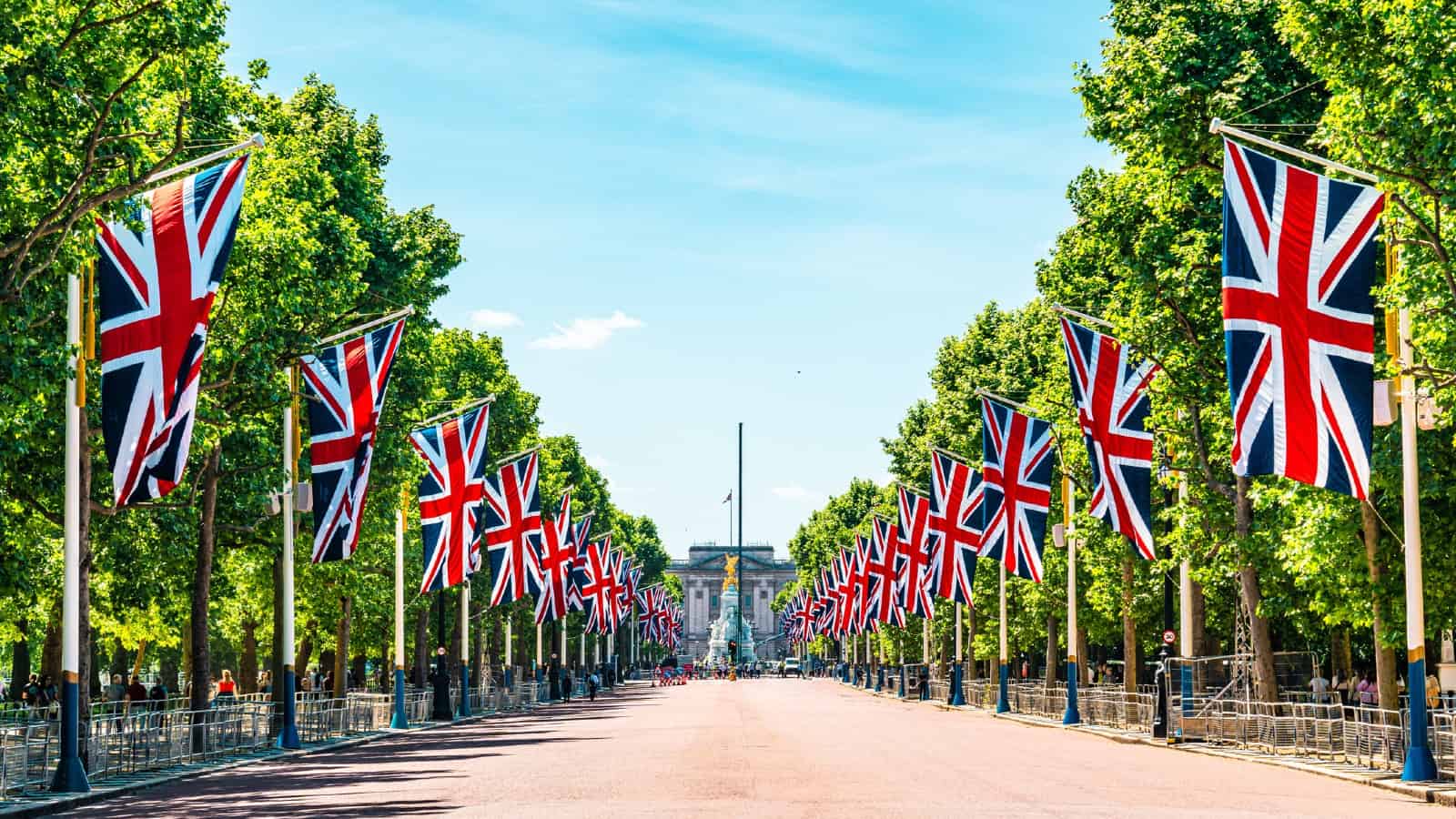British dividend shares have proven to be a lucrative source of passive income over the last decade. With the FTSE 100 delivering an average yield of 4%, income stocks have vastly outperformed income bonds.
But now that interest rates are back on the rise, the bond market is starting to look a bit more attractive. That’s especially true for the NS&I Green Savings Bonds account, which offers nearly double the return of the standard NS&I Income Bonds account.
So, where should investors allocate their capital?
Bonds or stocks?
A Green Savings Bonds account allows investors to indirectly buy government debt issued specifically for green and sustainability projects.
It offers a 3% annual return which is obviously lower than the historical average of UK dividend shares. However, these gains are guaranteed for three years and are exposed to near-zero percent default risk short of the British government declaring bankruptcy.
There is a caveat as money deposited into this account cannot be withdrawn during the three-year period. What’s more, it’s also not tax-efficient. In other words, any interest received is exposed to income taxes.
On the other hand, stocks can be sheltered from the tax authorities by using a Stocks and Shares ISA. But is the added risk of investing in shares worth the extra 1% (or possibly more) potential gain? That ultimately depends on an investor’s time horizon, investment objectives, and risk tolerance. But in my opinion, the answer is yes.
Please note that tax treatment depends on the individual circumstances of each client and may be subject to change in future. The content in this article is provided for information purposes only. It is not intended to be, neither does it constitute, any form of tax advice. Readers are responsible for carrying out their own due diligence and for obtaining professional advice before making any investment decisions.
Beyond offering dividend income, stocks also provide the potential for capital gains. And when combined, FTSE 100 stocks, over the long term, generate an annual return roughly equivalent to 8%. That’s nearly three times more than Green Savings Bonds, and it works wonders on compounding.
To put this difference in perspective, £10,000 invested at a 3% interest will be worth £10,941 in three years. By comparison, the same amount invested in stocks at an 8% return may be worth up to £12,702.
Buying winning dividend shares
Unlike government debt, stocks have a habit of being quite volatile. 2022 has been a perfect reminder to investors that share prices don’t always go up. And even a diversified portfolio of top-notch UK businesses can still enter a tailspin.
But in the long term, the companies that can survive the current economic storm and thrive thereafter will likely see their share prices eventually recover before reaching new heights. That’s why buying high-quality shares now, while they remain heavily discounted, could be an incredibly lucrative investment decision.
By focusing on the dividend shares with robust balance sheets, prudent leadership and uncompromised cash flows, investors can quickly identify buying opportunities. And if chosen wisely, the returns from capital gains and as well as dividends could far exceed the FTSE 100’s historical average of 8%.
Having said that, nothing is risk-free. While the stock market has a perfect track record of recovering from every crash and correction, there’s no way of knowing when the recovery will actually start. And it’s possible in the coming months, the situation will only get worse.
Nevertheless, given the vast difference in potential returns, I still believe UK dividend shares are the superior investment over Green Savings Bonds. But that’s just my opinion.








